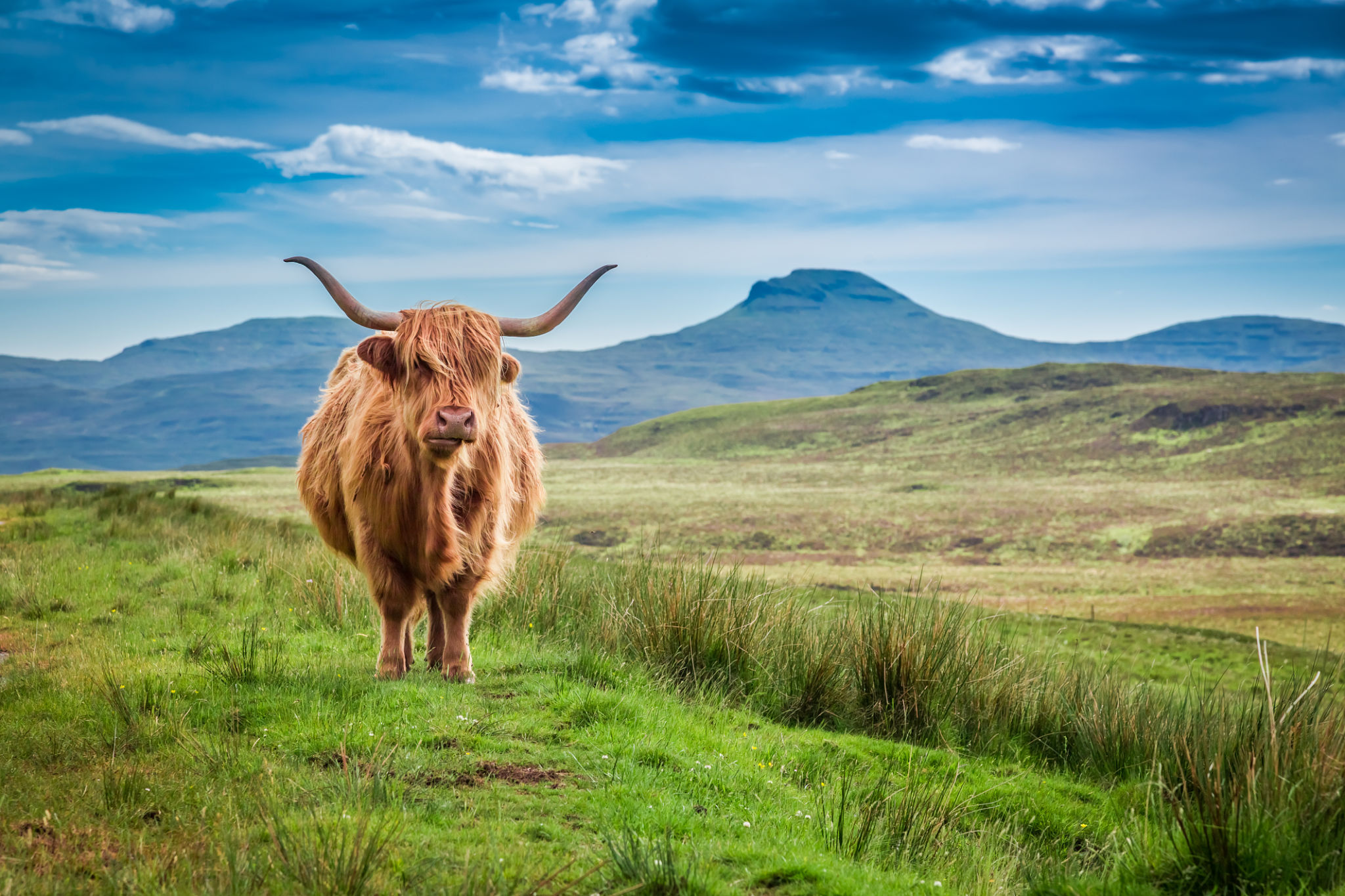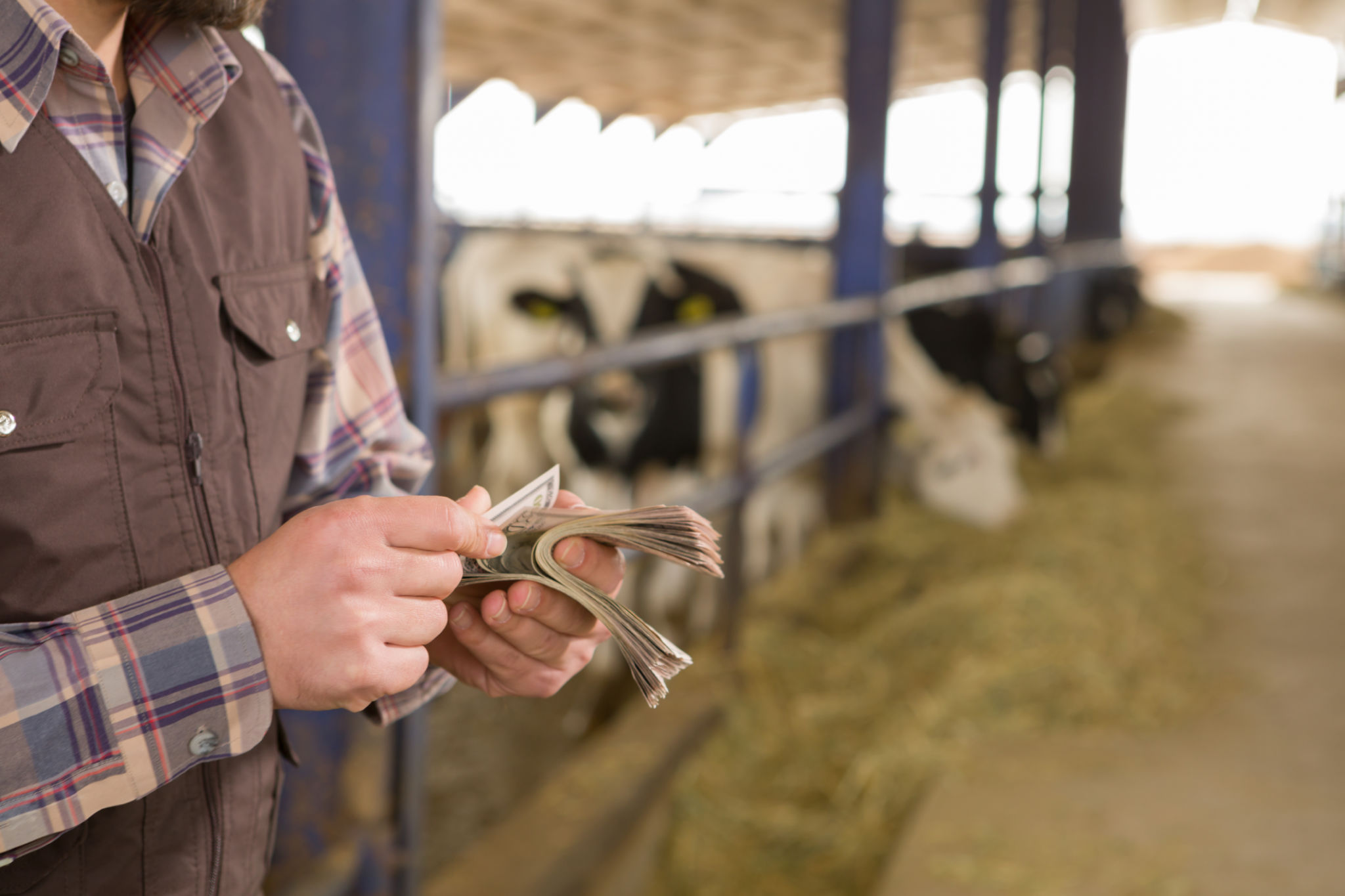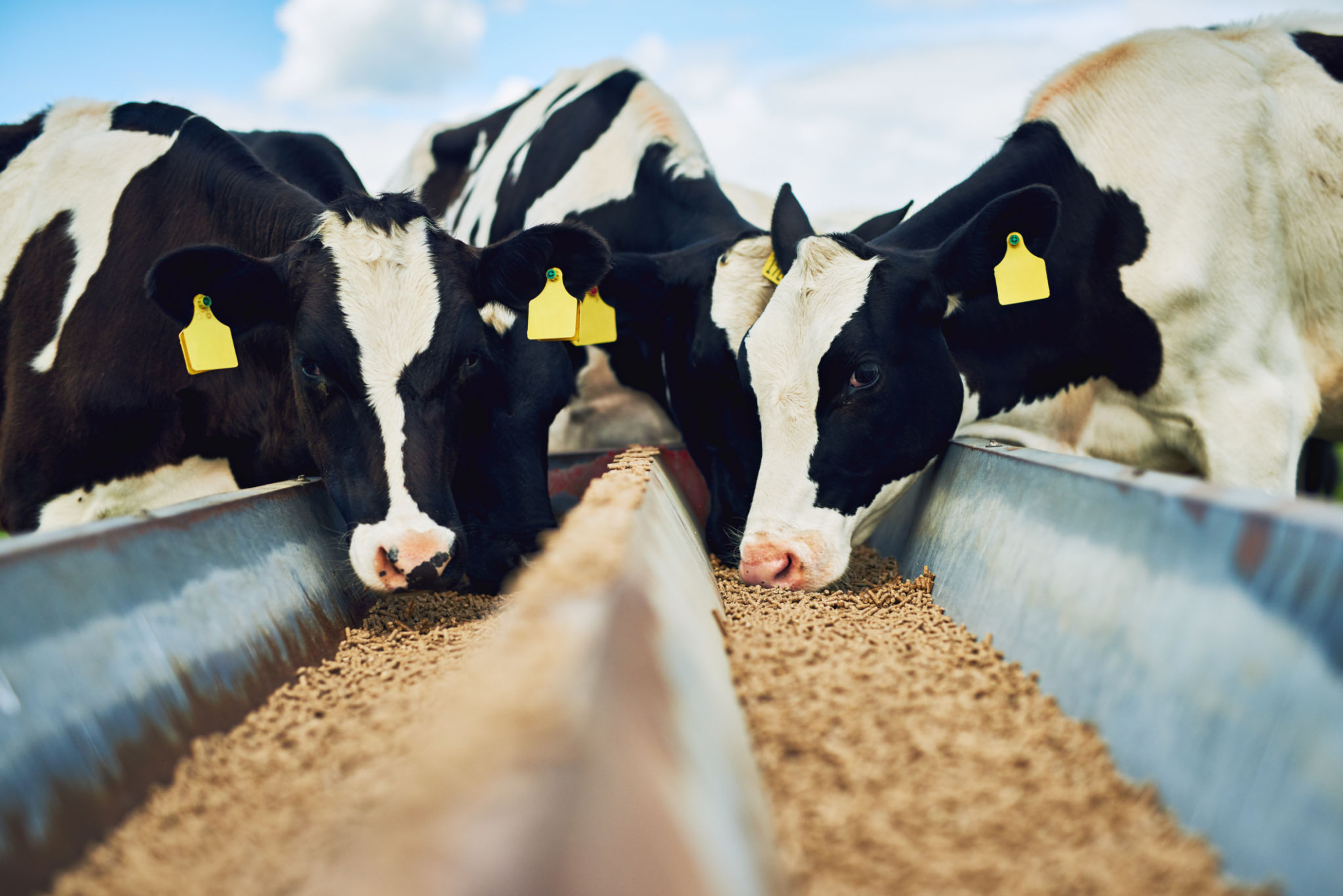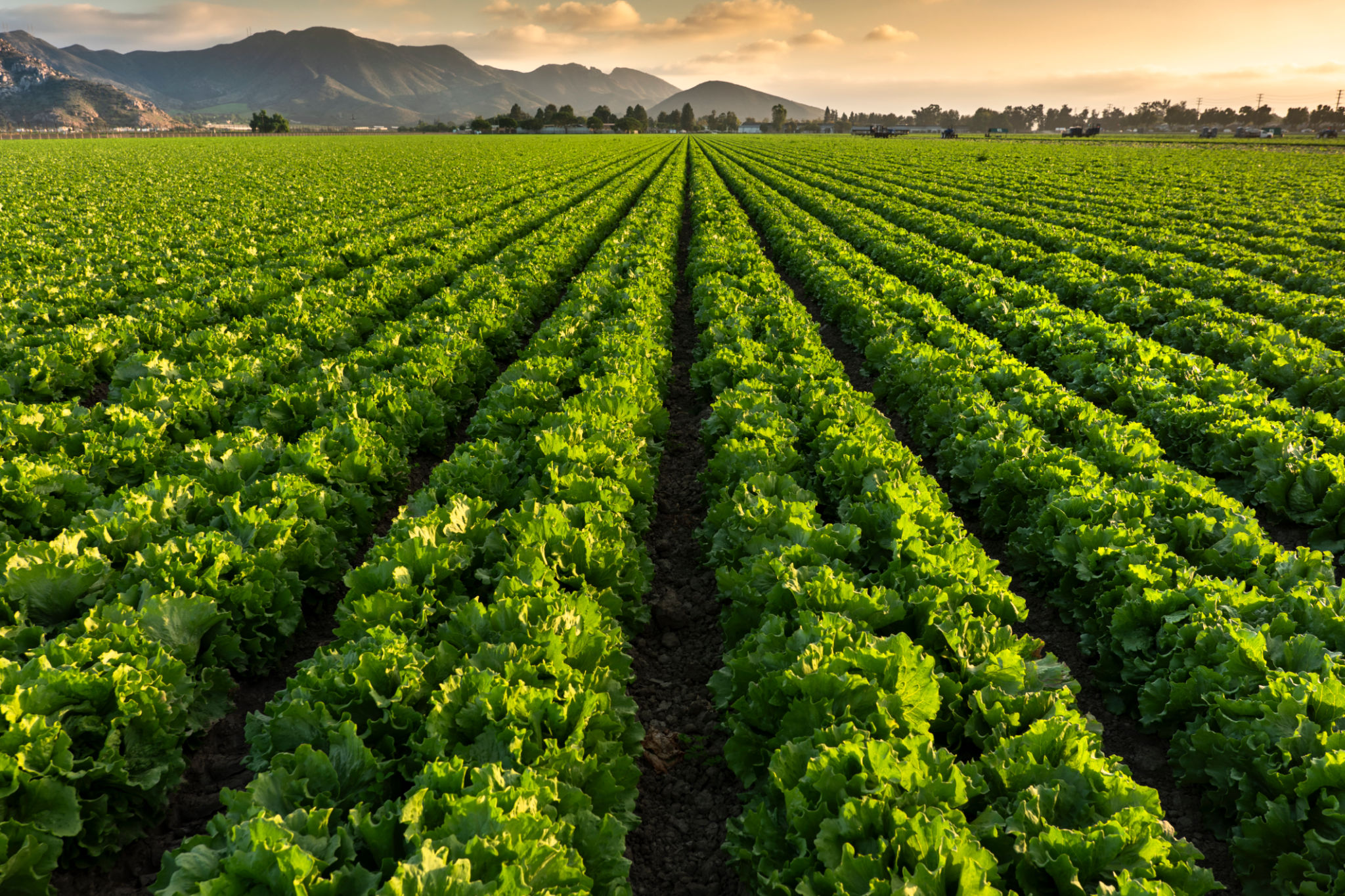How to Start a Mini Highland Cattle Farm in Eagle: A Step-by-Step Guide
Understanding Highland Cattle
Highland cattle are a unique and hardy breed known for their long horns and shaggy coats. Originating from Scotland, these animals are well-suited for cold climates and rugged terrain. Known for their gentle nature, they are an excellent choice for small farms due to their manageable size and friendly disposition.

Initial Considerations
Before starting your mini Highland cattle farm in Eagle, it's crucial to assess your land and resources. Highland cattle require ample grazing space, so ensure you have enough pasture land available. Additionally, consider the climate and whether your location can support these animals year-round.
Setting Up Your Farm
Land and Infrastructure
Securing the right land is a critical first step. You'll need approximately 2-5 acres of pasture per cow, depending on the quality of the land. It's also important to install sturdy fencing to keep your cattle secure. Highland cattle can be quite resourceful, so ensure fences are well-maintained and high enough to prevent escapes.

Building Shelter
Although Highland cattle are hardy, providing shelter is essential, especially during harsh weather conditions. Construct a simple three-sided shelter to protect them from wind, rain, and snow. The shelter should be spacious enough to accommodate all your cattle comfortably.
Acquiring Your Cattle
Selecting Healthy Animals
When purchasing your cattle, select healthy animals from reputable breeders. Look for signs of good health such as a glossy coat, bright eyes, and an alert demeanor. It's advisable to start with a small herd and gradually expand as you gain more experience.

Transporting Your Cattle
Transporting cattle can be challenging, so it's important to plan carefully. Use a trailer that is roomy and well-ventilated to ensure a comfortable journey. Make sure you comply with all local livestock transport regulations to avoid any legal issues.
Daily Care and Maintenance
Feeding and Nutrition
Highland cattle are efficient grazers, but their diet should be supplemented with hay during winter when grass is scarce. Provide a balanced mineral supplement to ensure they receive essential nutrients. Always have fresh water available for them to drink.

Health and Veterinary Care
Regular veterinary check-ups are crucial to maintaining the health of your herd. Keep up with vaccinations and deworming schedules to prevent common diseases. Monitor your cattle daily for any signs of illness or injury, and consult a vet promptly if any issues arise.
Expanding Your Farm
As you become more comfortable managing your mini Highland cattle farm, you might consider expanding. This could involve increasing your herd size or diversifying into other farm activities such as breeding or selling beef products. Always plan any expansion carefully to ensure it aligns with your resources and long-term goals.
